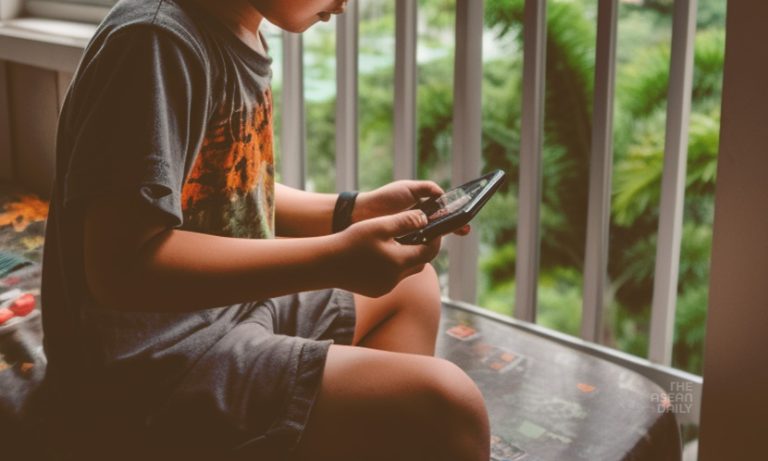22-6-2024 (SINGAPORE) In a coordinated effort to address the growing concerns surrounding device usage and its impact on mental health, Singapore’s Health Minister Ong Ye Kung and Minister for Social and Family Development Masagos Zulkifli have announced that comprehensive measures will be unveiled in the coming months. Their statements, shared on separate Facebook posts on June 21, highlighted the need for decisive and effective strategies to shape habits of device usage, especially among the younger generation.
Acknowledging that electronic devices and social media have become an integral part of people’s lives, the ministers emphasized the importance of proactive measures to mitigate the negative effects associated with excessive screen time, particularly on the mental well-being of children and adolescents.
“We can make our advice clearer and more definitive; we need to deliver them consistently across all healthcare settings, with more reminders; we need to put them into practice in pre-schools; and we need to find ways to encourage their adoption at home,” stated the ministers, underscoring the multifaceted approach required to address this issue.
Their comments come in the wake of United States Surgeon General Vivek Murthy’s recent call for warning labels on social media platforms for young users, citing the association between social media and mental health harms among adolescents. Murthy argued that the mental health crisis among young people constitutes an emergency, and social media’s addictive nature is likely a significant contributing factor.
“Although some commentators disagree with this hypothesis, in an emergency, Dr Murthy argued that we cannot afford to wait for the debate to be concluded. We need to act and put in place measures now,” Ong and Masagos said, acknowledging the urgency of the situation.
The ministers highlighted that the starting point for their initiatives will be screen time for children aged 0 to 6 years, as this formative period shapes habits in social media usage. The Ministry of Health (MOH) and the Ministry of Social and Family Development (MSF) oversee key touchpoints for children in this age group through child and maternity care, and pre-schools.
Citing local research findings from the Gusto (Growing Up in Singapore Towards Healthy Outcomes) study, which has followed children conceived in 2009, the ministers revealed alarming data. One finding indicated that pervasive screen time when a child is 12 months old altered brain activity before the age of two and negatively affected executive function, including self-control and working memory, by the time the child reached 9 years old.
“Another study found that screen time in infancy contributes to enduring individual differences in topological brain restructuring. Simply put, screen time exposure compromises the brain development of young children,” the ministers stated in their posts.
With Prime Minister Lawrence Wong also emphasizing the importance of tackling the mental health challenge as a national priority, the MOH and MSF have been actively discussing the issue of screen time over the past months.
“The impact of social media on mental health is not an unintuitive concept. Today, young minds are exposed to information, interactions, and behaviors they do not have the maturity for; it takes away time for physical play and interactions, all of which can affect them profoundly as they grow up,” the ministers said, acknowledging the far-reaching consequences of excessive screen time.
In March 2023, the MOH issued a formal advisory on screen use in children, advising against any screen use for children under 18 months, except for interactive video chatting. For children between 18 and 36 months, total screen use is recommended to be limited to less than one hour a day, while older children are advised to avoid screen use during meals and one hour before bedtime.




